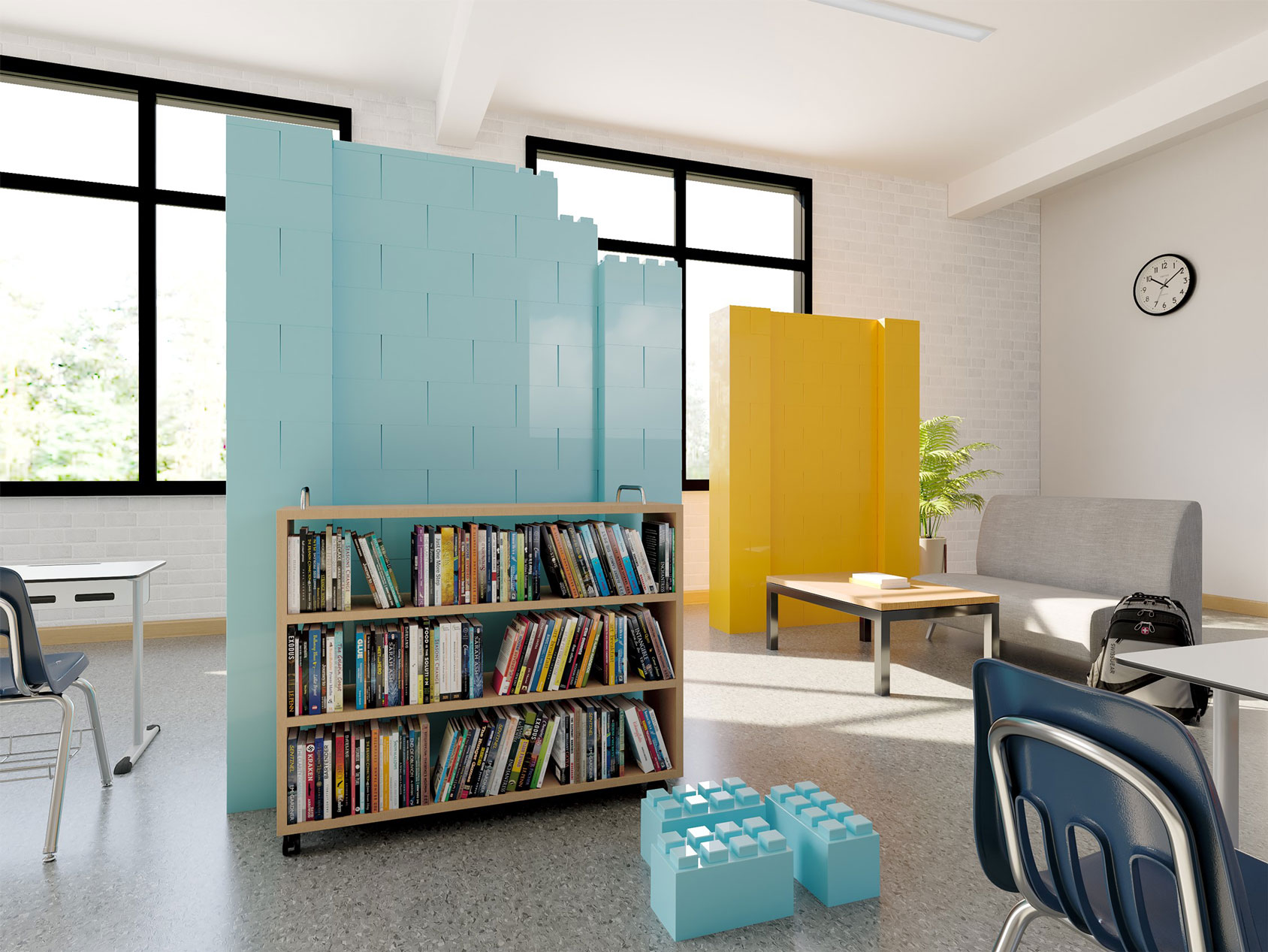How 21st Century Trends in Education Impact Learning Spaces
Posted by Versare on Mar 28th 2023

It’s no secret that education is moving from a traditional teaching model, with the teacher as the expert and students as the receiver, to strategies that emphasize active student involvement.
Indeed, studies show that learning is enhanced and made more meaningful if the curriculum makes students active participants in their education. This is accomplished through interactivity, multiple roles such as listener, critic, mentor, presenter, and social engagement such as group work and collaborative problem-solving. Layer on top of this the accelerated transition to online and interactive learning brought about by Covid-19, and the move toward learning opportunities outside the classroom, like internships, job shadowing, and college coursework, and you have a dramatically changing landscape.
So, it’s no surprise that today’s learning spaces – classrooms as well as commons, libraries, and informal spaces – have an important role in stimulating and supporting new ways of learning
Growing need for active learning and social engagement
A glance at most classrooms or lecture spaces and most will see that they fall short in supporting active learning. Whether the focus is on individual or hands-on discovery, debate and discussion, or teamwork and small group problem solving – the standard floor plan with desks facing a lecturer only reinforces boredom and disengagement.
Today’s classrooms need to be rapidly configured for a variety of learning activities – small group breakouts, quiet areas for personal discovery or writing, and review of interactive modules. And informal spaces within a school can be made more conducive to working spontaneously or deliberately in small or medium-sized groups.
Libraries and commons need to support both individual as well as group work and are moving from being information centers to learning centers, supporting student work in and out of the classroom. These multi-use areas have a new role to play, providing space for research, computing, writing, media preparation and production, online coursework, and training on academic skills.
How to make your education spaces adapt
Increase flexibility in the classroom with furniture and equipment that is lightweight and mobile. This allows teachers and students to adapt the learning environment to the work at hand or to individual styles of learning. A variety of furniture, including soft seating, mobile whiteboards and pin-up space, interactive monitors, as well as room dividers, modular walls, and screens allow spaces—and the activities they host—to expand and contract.
Make larger spaces flex for different needs at different times during the day. Cafeterias have the potential to be more versatile when not in use for dining – transforming into educational commons to serve as a study space, provide areas for group work or informal discussions, and even serve the community after school hours.
Find little-used areas that can become breakout spaces to foster collaboration and connection. Research shows that comfortable and familiar spaces with a variety of seating types can spark creativity, boost engagement, and yield better learning outcomes. Unused spaces in corridors or common areas can be configured to support a mix of activities and reinforce that learning happens everywhere, not just in the classroom. Such spaces support collaboration and encourage students to grow individual strengths and learn from others, preparing them for the teamwork needed as adults in the workforce.
Adapt libraries and media centers to accommodate learning opportunities outside of school. Create private workstations that support individualized and online learning, study, and space to work on assignments from college coursework or internships.
Looking to engage your students in new ways? Versare can help you create the learning space you need in the space you have, with solutions that include room dividers, mobile whiteboards, configurable workstations, and modular wall panels.

